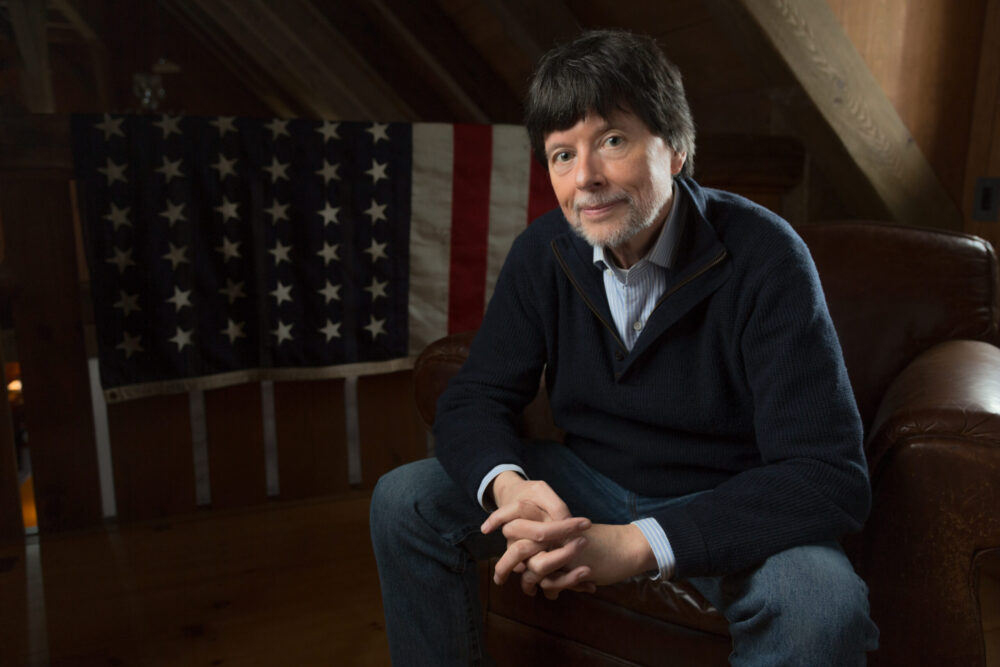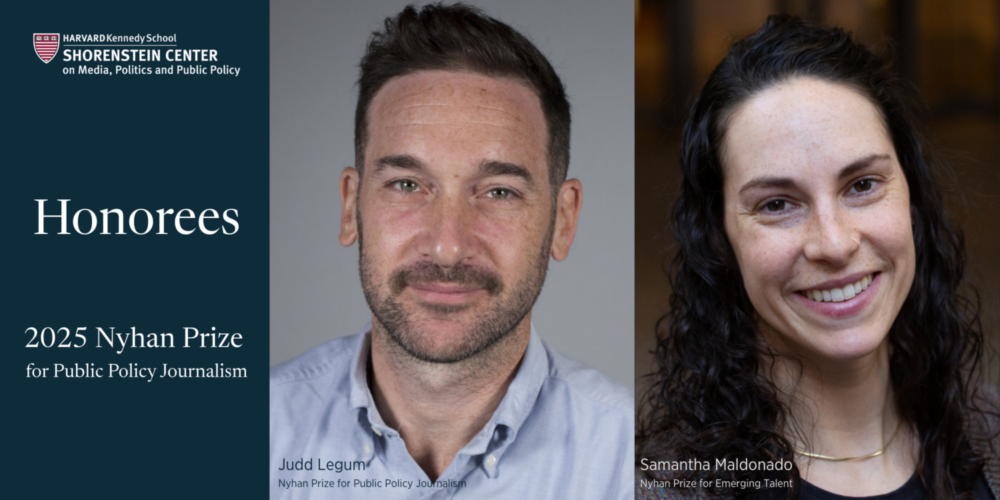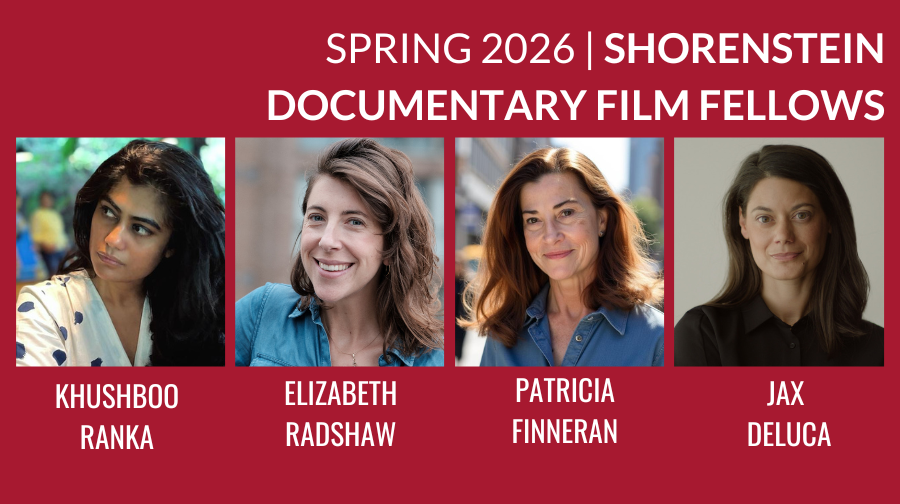
Center News
Ken Burns to give Theodore H. White Lecture on Press and Politics
Reports & Papers
Despite the flurry of post-debate headlines and statements from politicians and pundits, a new survey from the nonpartisan Civic Health and Institutions Project (CHIP50) finds little evidence that the first presidential debate between President Biden and former President Trump meaningfully shifted voter preferences.
President Biden’s performance during the first 2024 presidential debate on June 27 prompted several prominent Democrats to call for Biden to drop out of the race, and Biden’s electability has since dominated the news cycle. Coverage of post-debate election polls has factored heavily in op-eds and network news roundtables, furthering the media’s fixation on Biden’s viability as a candidate.
Unlike the cross-sectional surveys circulating in the news, however, the researchers behind the CHIP50 report analyzed survey data taken in April/May on candidate choice, and compared it to survey responses from the same individuals after the June 27 debate, reducing the likelihood of error due to differences in pre- and post-debate samples. They found no substantial change in candidate preference for these voters before and after the debate.
Read the report: No Change: Evaluating the Short-Term Impact of the Presidential Debate on Voter Preference
About CHIP50
The Civic Health and Institutions Project (CHIP50), a multi-university collaboration, provides access to state-level data on citizens’ opinions and behaviors for social scientists and health researchers. The project collects non-probability representative samples from every state and D.C. to ensure inferences can be made about specific states and across them. The central mission of CHIP50 is to provide opportunities for researchers to submit applications for items on the survey, and, if accepted, collect data free of charge. The project is a public good that is expected to run, without data collection fees, through 2025.
The authors of this report are:
David Lazer, Northeastern University
Matthew A. Baum, Harvard University
James Druckman, University of Rochester
Ata Uslu, Northeastern University
Katherine Ognyanova, Rutgers University
Roy H. Perlis, Harvard Medical School
Mauricio Santillana, Northeastern University
Hong Qu, Northeastern University

Center News

Center News

Center News